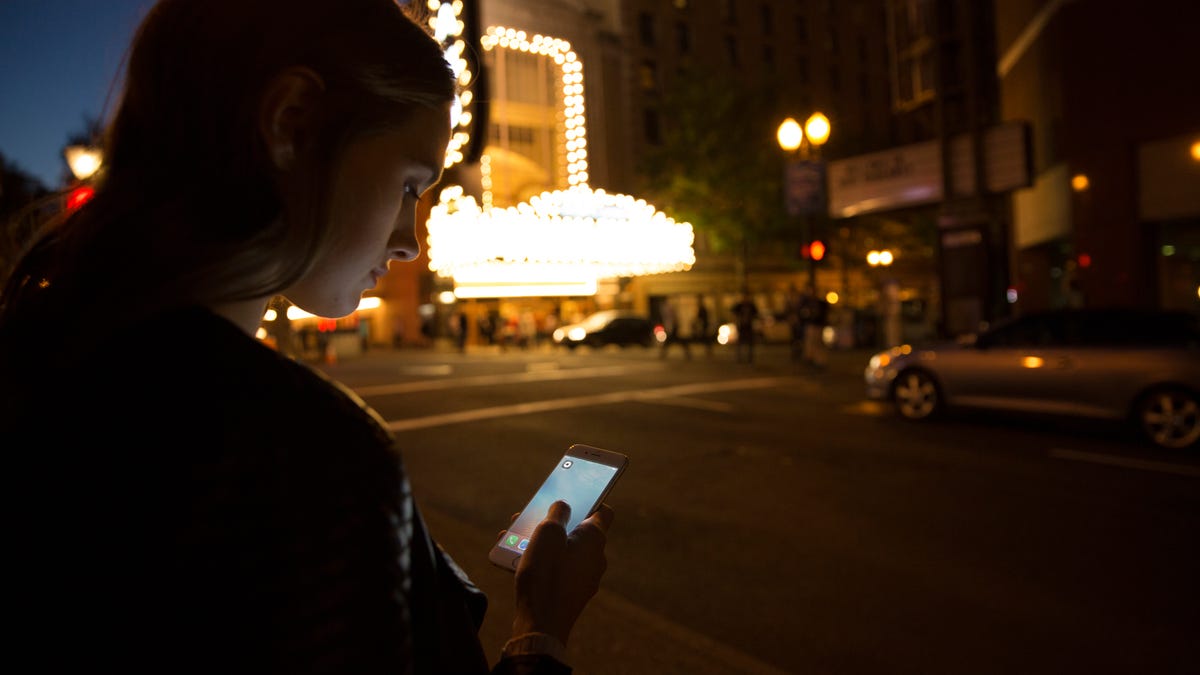8,200 Uber and Lyft drivers fail new Massachusetts background checks
Hundreds were reportedly rejected for prior offenses, some of which were violent in nature.

A new, stricter background check resulted in thousands of people being denied licenses to operate as Lyft and Uber drivers in Massachusetts.
In January, a new law in the state required drivers for ride-hailing outfits including Lyft and Uber to submit to not one, but two background checks -- one from the employer, and one from the state. Of 70,789 applicants, approximately 8,200 saw their applications denied, The Boston Globe reports, citing data from the state government.
That's 11.6 percent of the total applicant pool. The lion's share of these rejections involved an issue with driver's license status, including suspensions. Hundreds of rejections involved applicants with a record of prior offenses, some of which were violent or sexual in nature. Other rejections involved people with drunk-driving convictions, and 51 applicants were rejected for being sex offenders.
Uber and Lyft pulled their services from Austin, Texas after ride-hailing drivers were asked to submit to fingerprinting.
So how did these applicants pass the employer's background check, but not the state's? Look to the fourth dimension: time. Certain employers, like Lyft, rely on a commercial background-check provider, which is prevented from looking further back than seven years. The state does not have that limit, so it can reach much deeper into a person's past, which in certain cases can spell the difference between getting a ride-hailing license and not getting one.
"Lyft's background checks are fully compliant with Massachusetts law, and we maintain a collaborative working relationship with DPU and the Baker administration," said Adrian Durbin, Lyft's director of communications. "The state does not face the same limitation [as commercial providers], which likely explains why a small percentage of our drivers failed the state's background check while passing ours."
Uber said it believed the extended background check was unduly harsh on reformed criminals who just want to get a new job and move on.
"The new screening includes an unfair and unjust indefinite lookback period that has caused thousands of people in Massachusetts to lose access to economic opportunities," an Uber spokesperson said in a statement. "We have a chance to repair the current system in the rules process so that people who deserve to work are not denied the opportunity."
Getting people into a normal pattern of work is important to reducing recidivism rates. But, at the same time, perhaps a ride-hailing service isn't the ideal new gig for a person with a DUI on their record, or a history of violence, however long ago it was. Uber has been hit with a number of sexual assault allegations over the past couple years, so it's not hard to see how this could present an issue, especially for survivors who rely on these services.
There are many fine hills on which to die in this new mobility space, but this is probably not one of them.

